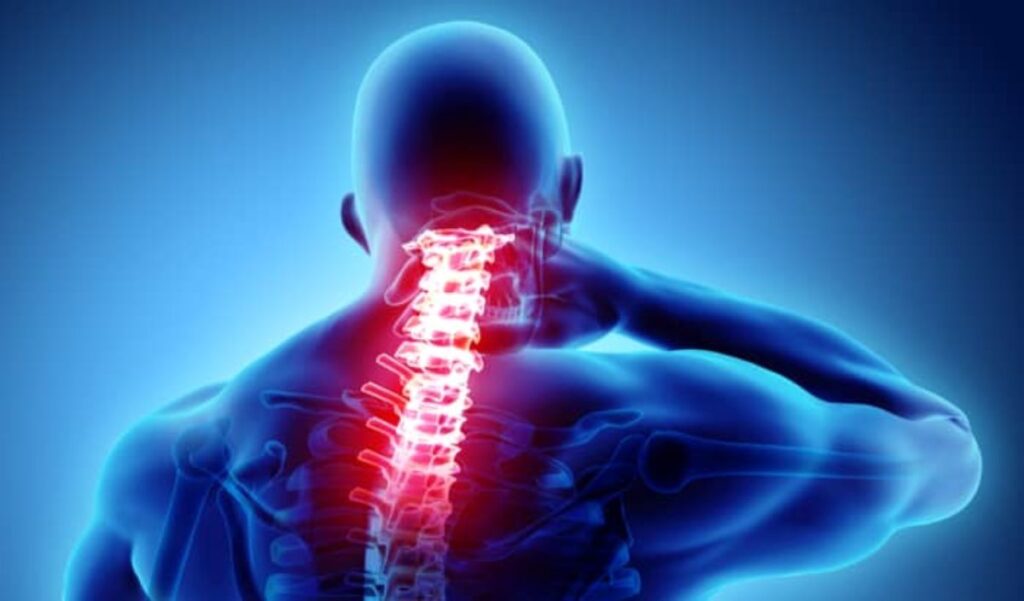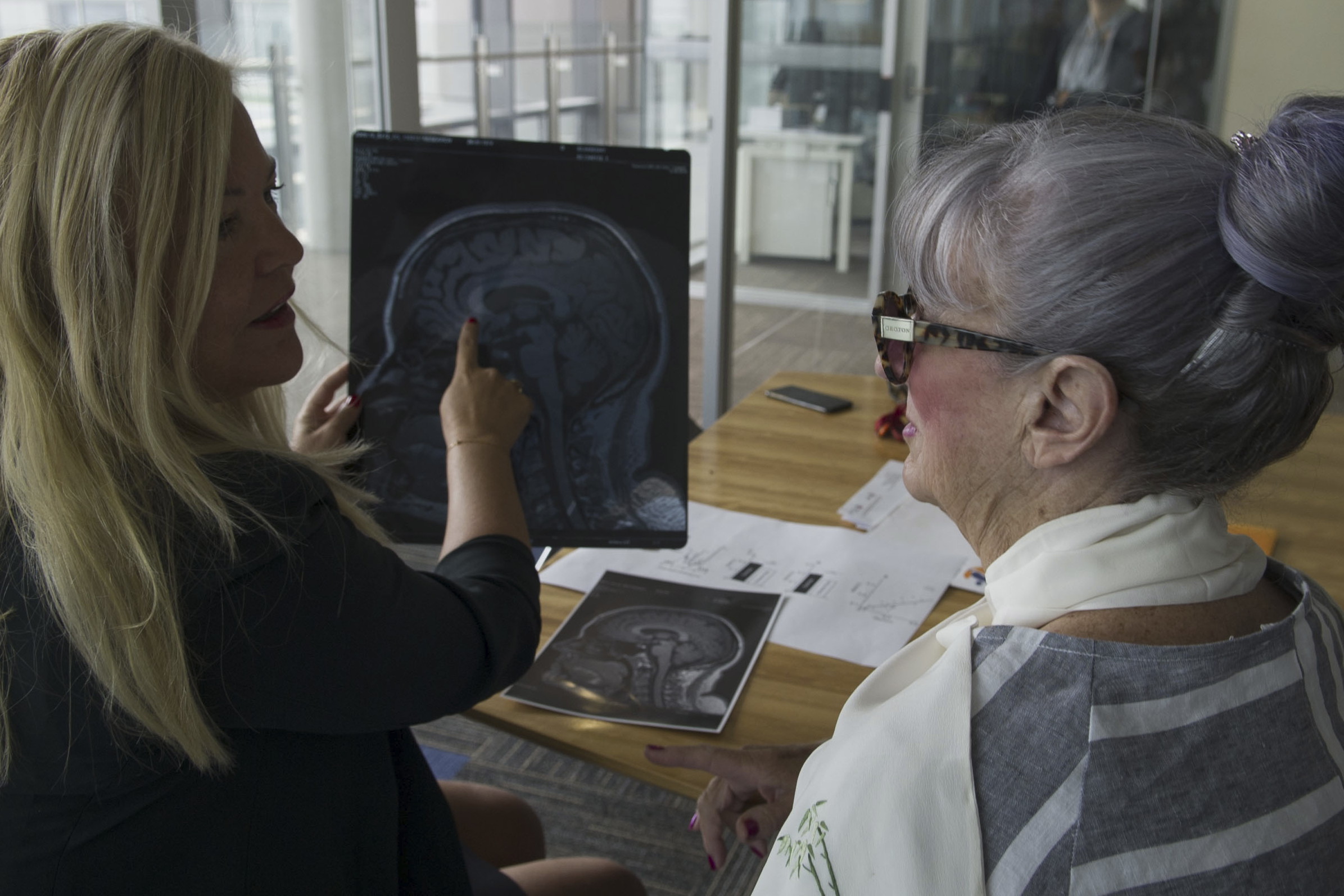How Chronic Pain Affects the Brain and Our life?
Life may be severely disrupted and damaged by severe, chronic pain, as many who suffer from it can attest. Extremely unpleasant, chronic pain can make even basic tasks like getting out of bed or going for a walk nearly impossible.
Research has shown that about 3.37 million Australians are living with chronic pain syndrome as at the year 2020. Historically, our understanding of chronic pain management has been limited. Pain was always thought to always be a sign of a more serious injury or illness by the medical community. Many medical professionals used to believe that curing an injury or illness would also alleviate the patient’s persistent pain.
Some clinicians still operate in this fashion, failing to recognize the complexity of chronic pain symptoms, the advances in our understanding of its causes, or the myriad of elements that might contribute to an individual patient’s experience of pain. In recent years, there have been positive public-awareness campaigns that have shed light on the issue of chronic pain care.
When someone is in constant pain, it can have far-reaching consequences. It may feel like a pebble at first, but as the intensity increases, it may feel more like a thorn or shard of glass. The main difference is that if we have anything stuck in our shoe, we can simply pull it out. But chronic pain is considerably more challenging to manage than, say, a rock in a shoe. Suffering on a regular basis may alter a person’s mindset in a variety of ways. Mind, body, and relationships are all susceptible to its effects.

Anatomical and Functional Changes in the Brain During Chronic Pain
Those who have never experienced chronic pain may be under the false impression that its consequences are severe and far-reaching. The brain’s reaction to short-term pain is distinct from its reaction to chronic pain, which has been demonstrated through studies examining the brain’s processing of both types of pain. The latter can alter the CNS and disrupt sensory, emotional, and modular circuits that normally suppress pain in the body. Anxiety and depression are often co-occurring with chronic pain, which is why it is now considered its own neurological disorder. This occurs as a result of the central nervous system’s manipulation of one’s thoughts and feelings. As a result, a person is more likely to experience dread, worry, and despair the longer they are in pain. A person’s life can be severely disrupted by chronic pain.
The Impact of Pain on Learning and Focus
According to research, experiencing pain may have an impact on more than just a person’s physical, emotional, and mental well-being; it can also have repercussions on a person’s ability to focus and remember details. Because of this, processing and long-term storage of information are hindered. Not only does this make it harder to recall information, but it also makes it harder to pay attention in the present.
Chronic Pain can Cause Mood Swings?
As unfortunate as it is, chronic pain may alter a person’s mental state, leaving them more vulnerable to the development of sadness, worry, and terror. An individual’s reliance on painkillers prescribed by a doctor, such as opioids, may also increase if they suffer from a mental condition. A person’s propensity to take drugs that temporarily mask the pain by producing a “euphoric” feeling increases in tandem with their level of fear, isolation, and despair. This may become a vicious cycle since as soon as the benefits wear off, so does the person’s hope and comfort.
The Impact of Chronic Pain on Relationships
It’s no secret that dealing with chronic pain may have repercussions in one’s social life. Because of the discomfort and the resulting decrease in patience, a person’s capacity to engage with and care about others may suffer. Since of this, a person’s social life may be disrupted because he or she may choose to spend more time at home and less time in public. It can also make it difficult to engage in romantic or sexual activity, do routine activities at home or at work, or raise and communicate with children.
Suffering from chronic pain means constantly fighting not just the physical suffering, but also the mental and emotional fallout. It might be daunting to try to treat all of the symptoms at once. There is hope for a life with less suffering with the help of loved ones and professional medical treatment. Talk to your doctor about non-pharmaceutical pain therapies that can help you feel comfortable sleeping again and getting back to your usual routine. You can get emotional support through accessible support groups, and interpersonal stability through reaching out to family, friends, and acquaintances.

The Role of Pain in Disrupted Sleep
Living with pain may drastically disrupt a person’s sleep habits, which can have a domino effect on the person’s mood. The inability to fall asleep and not sleeping for the recommended 7-9 hours can have a significant impact on a person’s quality of life while dealing with chronic or intermittent pain.
Sometimes, Chronic Pain Isn’t Easily Recognized
While an X-ray may establish a broken leg and a blood test can identify an infection by measuring white blood cell count, no medical test exists to quantify chronic pain. As a result, many persons with chronic pain see many doctors while looking for answers. As a result, unwarranted diagnoses and therapies may be administered.
The fact that people feel and show pain in different ways adds to the difficulty of receiving chronic pain treatment.
Causes of the Chronic Pain
Ideas like “this is nothing serious” and “this agony may kill me” come to mind while thinking about the persistent discomfort. Feelings like sadness and anxiety, as well as more positive ones like optimism, can accompany chronic pain. One’s cultural context can shape whether or not they display their emotions visibly when they’re hurt.
Pain, whether acute or chronic, is a real experience, despite what some may think. Things’s easy to assume that somebody with chronic pain is exaggerating or making it up, but unfortunately, that’s not always the case. Sometimes people with chronic pain feel they need to provide evidence of their suffering to their loved ones and medical professionals. Without an obvious cause, some doctors dismiss their patients’ complaints of persistent pain as insignificant.
For more information on chronic pain symptoms, chronic pain resources or effective chronic pain management options, you should book a consultation session with a specialist at Chronic Therapy today, to give you professional advice that will suit your personal experience.

